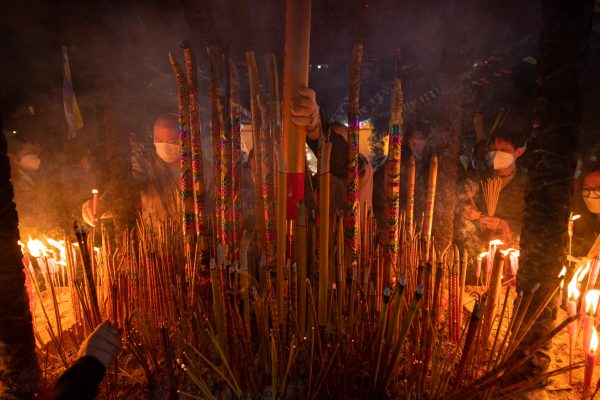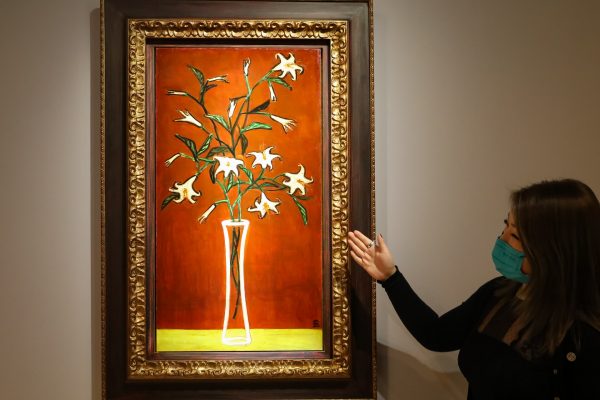The Cantonese Opera Film, The Legend of the White Snake: Love (2021), co-produced by the Guangdong Cantonese Opera Troupe, returned to the big screen this past May in Hong Kong. Since its debut, the annual domestic box office exceeds 3 million USD, surpassing all films in this genre. With this unprecedented success in Chinese cinema history, Cantonese Opera has clicked with the younger generation.
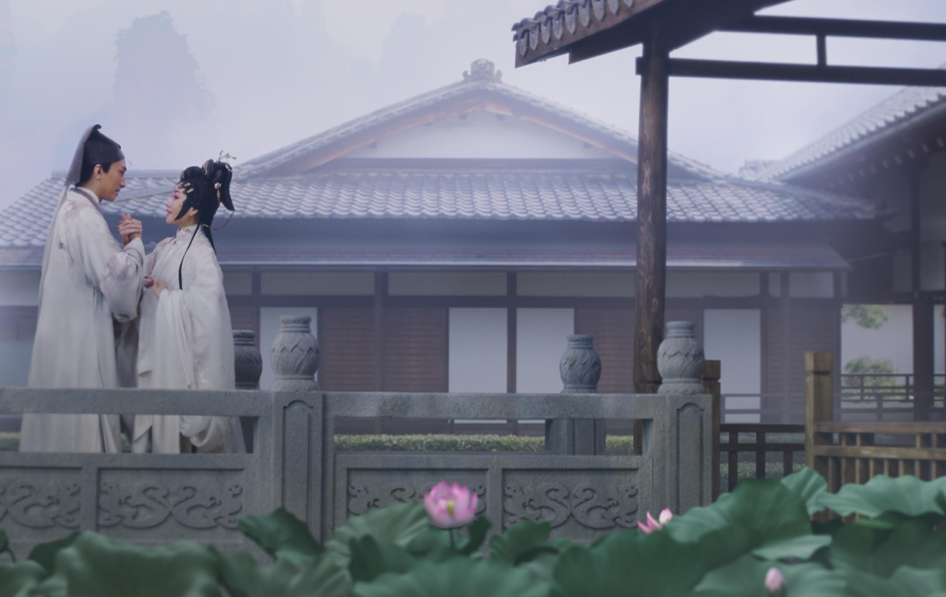
(source: xkb.com.cn)
Cantonese opera is the dominant form of opera found in the province of Guangdong. Its origins can be traced back to the reign of Emperor Jiajing (1522-1566) of the Ming Dynasty. Assimilating different operatic styles, Cantonese opera has developed its own unique traditions of performance, integrating librettos, costumes, music, stage design, martial arts and acting styles.
By the end of the 19th Century, some Cantonese opera artists left the city of Guangzhou for Hong Kong. This was to join popular local theatres including the Sing Ping Theatre, the Ko Sing Theatre, and the Chung Hing Theatre. In the 1920s, large scaled troupes were very active in Guangzhou, Macau, and Hong Kong.
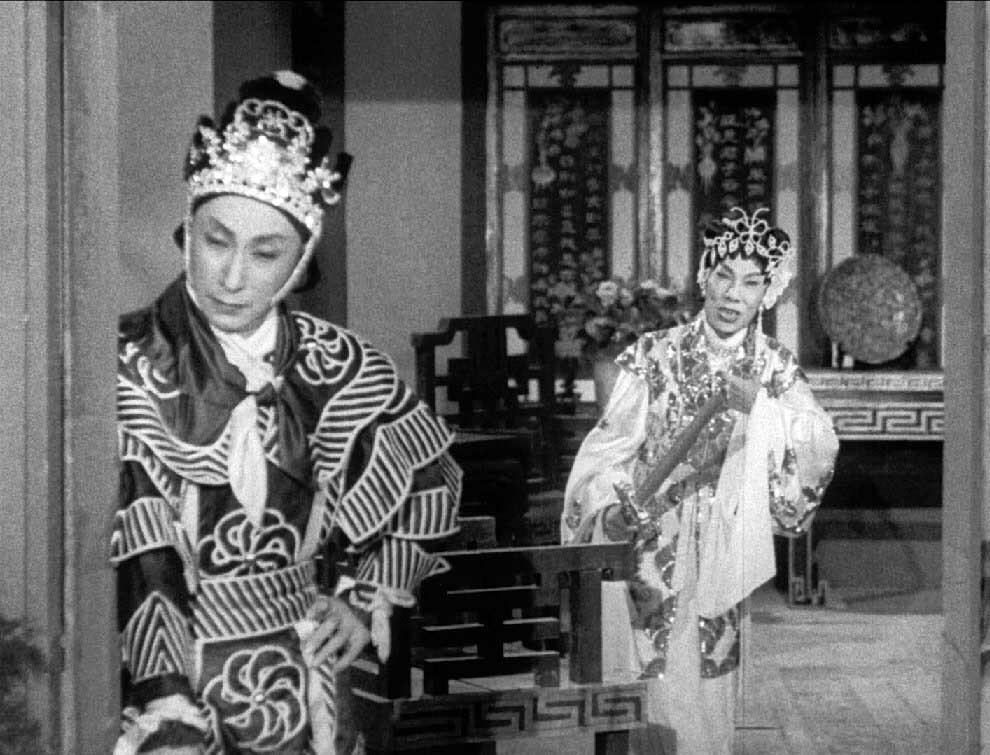
(source: HKCNA)
During the World War II (1939-1945), another wave of performers immigrated to Hong Kong and Macau for a living. Afterwards, Cantonese operas in Hong Kong could be seen at not only conventional venues such as theatres, but also on big screens for which Cantonese opera films were adapted and produced.
In Hong Kong, Cantonese opera experienced a rapid development from 1950s to 1960s, and entered the golden era in the late 1970s with a wealth of renowned artists.
One of the brightest stars, Tang Wing-Cheung (1916-1997) rose to fame thanks to his stunning performance that emulated MA Si-tsang (1900-1964). For this reason, Tang was given the stage name Sun Ma Sze-Tsang to pay tribute to the master. Tang and Ma, both born in Shunde, Guangdong, shared similar life trajectories. They both experienced social upheaval and political turbulence during a time of war and reached the pinnacle of their careers in Hong Kong. It is no exaggeration to say that those two brilliant performers both witnessed the development and extended the lineage of Cantonese Opera.
(The audio excerpt of Prosperity of the Family, by MA Si-tsang (male) & Hung Sin Nui (female), authorized by Art-Tune Records Co.)
The Cantonese opera was declared an Intangible Cultural Heritage of Humanity by UNESCO in 2009, recognizing its high cultural value on a global scale. As a result, more people get acculturated with the charm of this ancient heritage art.
There is no doubt that the HKSAR government values opera today. The West Kowloon Cultural District, one of the most important public cultural facilities in this cosmopolitan city in recent years, has given the opera house the highest priority in its construction.
The Xiqu Center, established in January 2019, was not only the first venue to open in West Kowloon, but also the best location due to its proximity to the MTR exit. To preserve, promote, and develop the heritage art of Chinese opera, Xiqu Centre showcases award-winning troupes, master artists, and emerging talent.
Furthermore, as part of the Revitalising Historic Buildings Through Partnership Scheme, the government has restored and increased the number of theatres dedicated to Cantonese opera.
Recently, at a press conference on 27th September, the Secretary for Culture, Sports, and Tourism, Kevin Yeung Yun-Hung, claimed that the government attaches great importance to Cantonese opera and is committed to constructing venues of different scales for encouraging and promoting this indigenous opera culture among the citizens.
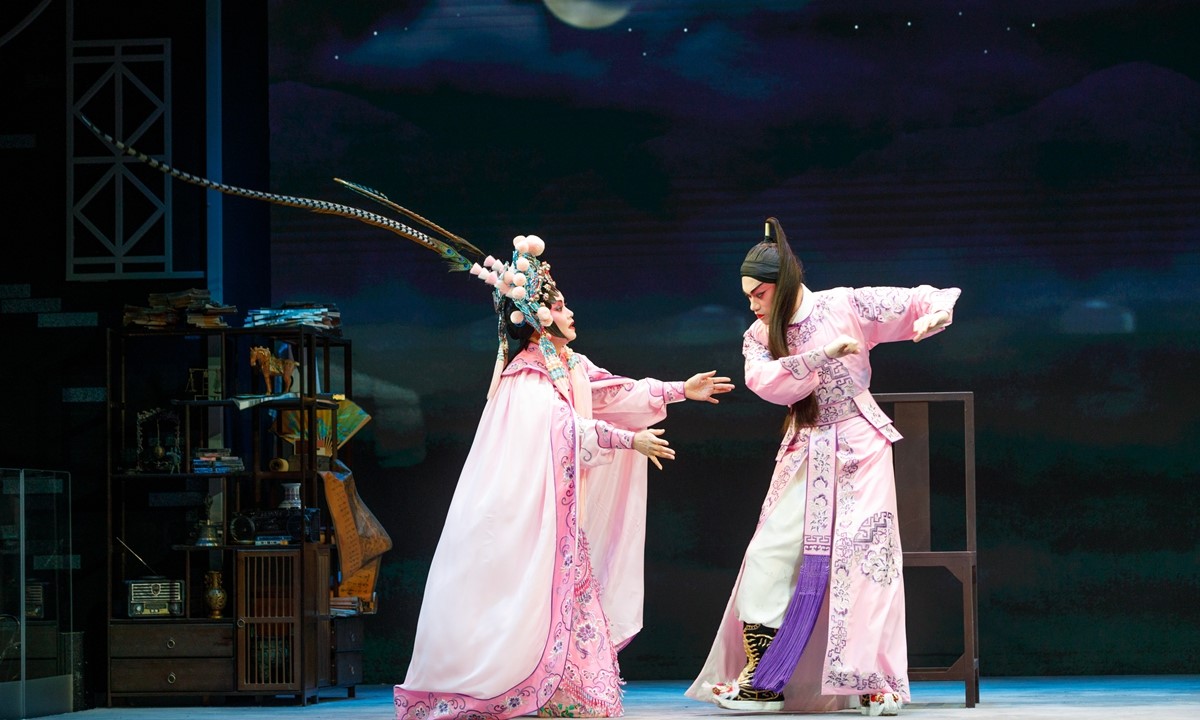
(source: Global Times)
Nevertheless, with the change of time, a fierce impact of modern urban culture might jeopardize the survival of Cantonese opera. In the fast-paced 21st century, a Cantonese opera lasting three or four hours could be too much for busy city dwellers, especially the younger generation.
It is vital to pass on culture. For Cantonese opera to be preserved, young energy must be injected into the sector.
Since the establishment of the Hong Kong Arts Development Council in 1995, the Hong Kong Government has actively promoted the development of Cantonese opera and has sponsored opera troupes to cultivate the younger generation’s appreciation of Cantonese opera.
From 2021, art institutions and independent artists in Hong Kong are allowed to directly apply for project funding from the National Art Fund, which was described by the Chairman of the Chinese Artists Association of Hong Kong (Barwo), Dr. Liza Wong, as “timely rain” for the development of Cantonese opera culture.
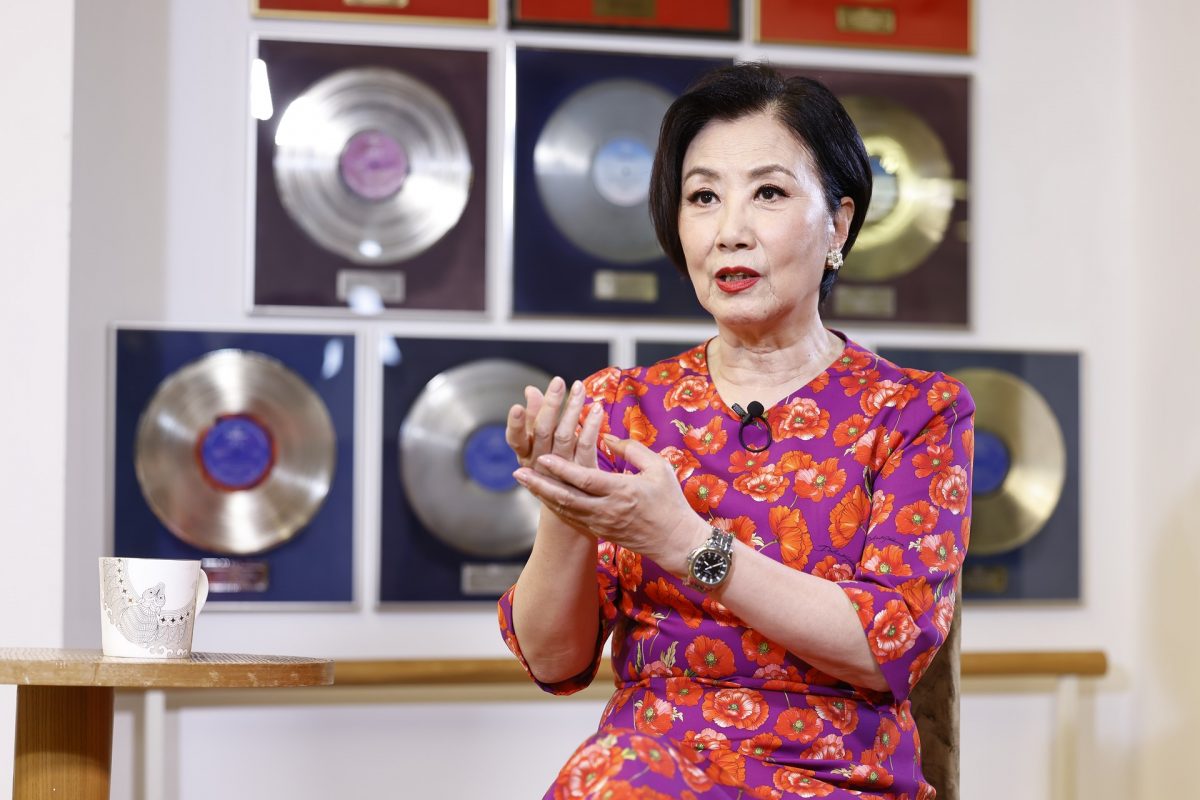
(source: HKCNA)
In an interview with the Hong Kong China News Agency, the emerging young talent Lam Tin-Jau noted how the music of Cantonese opera has evolved by combining Western and Chinese elements, and both contemporary and traditional forms, the core of the operatic story remains the same. The concern is for a traditional Chinese ethics of pursuing justice and the praising of moral values such as loyalty, fidelity, and righteousness.
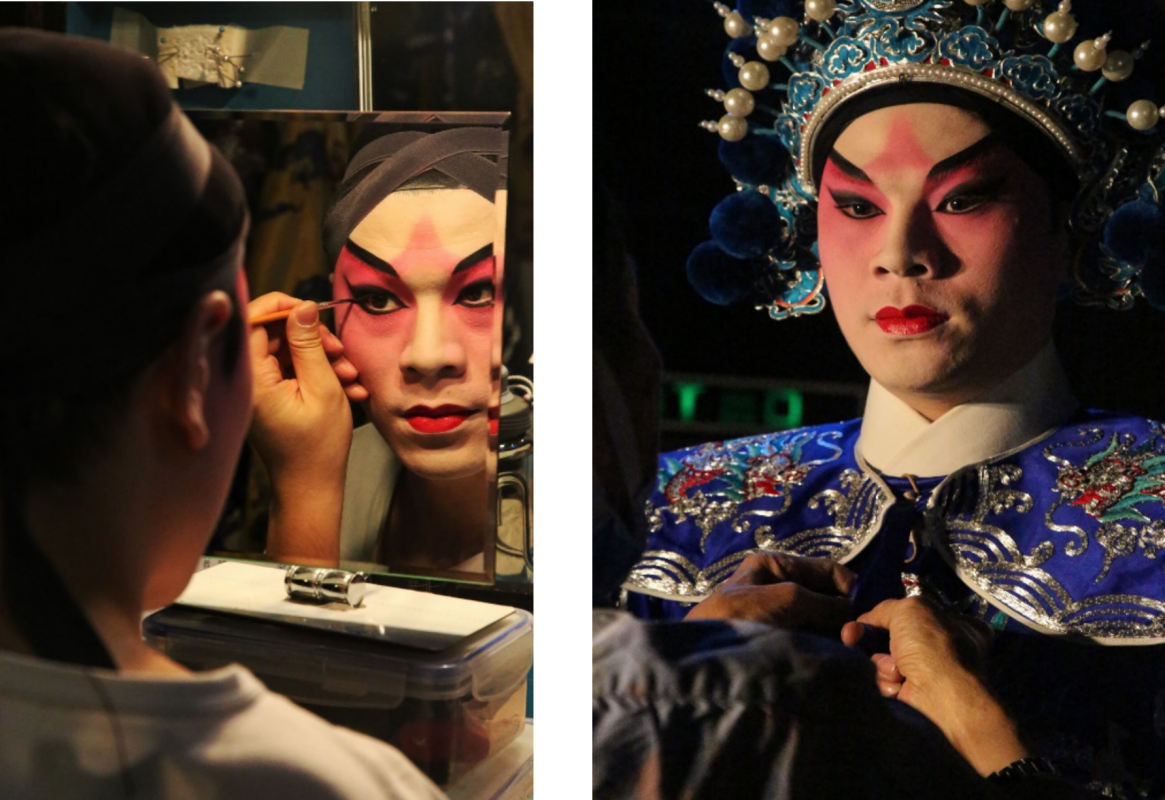
(source: HKCNA)
With the support of the Hong Kong government, the next generation of opera performers can continue developing, and expanding its audience base.

